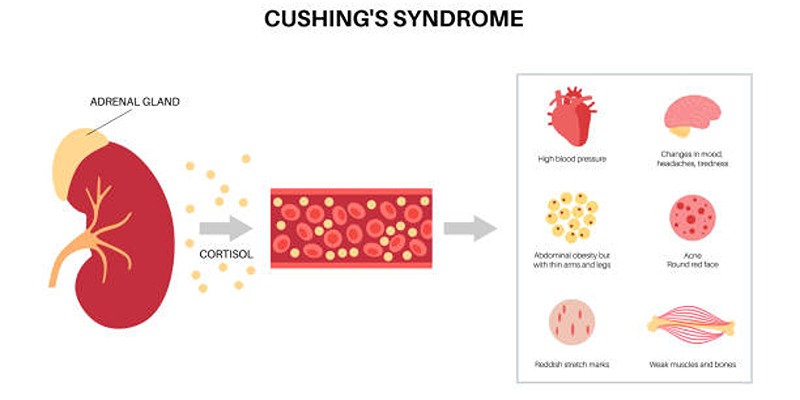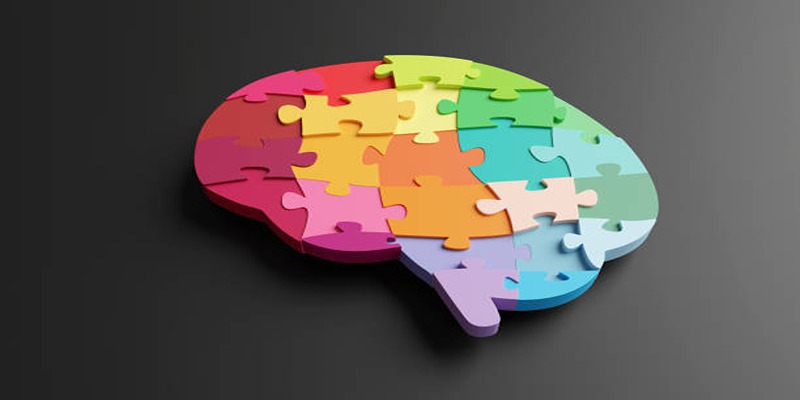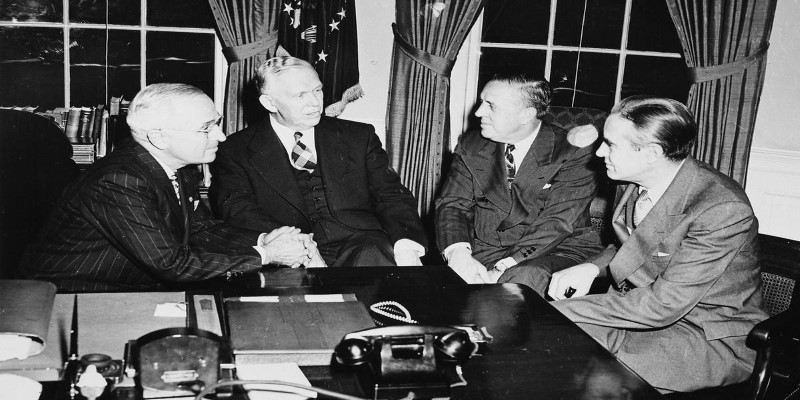Top 8 Tips for Using Meditation to Avoid Distractions
Advertisement
In today's fast-paced world, distractions are a constant challenge. Whether it's the constant buzz of notifications, a crowded workspace, or your racing thoughts, staying focused can feel nearly impossible. But with meditation, there's a simple and powerful tool you can use to take back control of your attention.
Regular meditation practice helps calm the mind, enhances concentration, and teaches you how to let go of distractions that pull you away from the present moment. Ready to sharpen your focus and boost your productivity? These eight meditation tips can help you avoid distractions and stay mentally clear.
Set a Clear Intention for Your Meditation Practice:
The first step in your meditation practice is to set a clear intention. Before you begin, take a moment to think about what you want to achieve in your session. Whether it's increasing your focus, calming your mind, or simply being present in the moment, having a clear goal helps direct your attention. This can be particularly helpful when distractions arise, as your intention serves as a reminder of your purpose during the practice. If your mind starts to wander, gently return to your intention to refocus.
Additionally, setting an intention helps build motivation and consistency in your practice. By reminding yourself why meditation matters, you create a habit of showing up for yourself daily, making it easier to maintain focus and overcome distractions.
Practice Mindfulness Meditation:
Mindfulness meditation is all about observing the present moment without judgment. During this practice, you focus your attention on whatever arises—thoughts, feelings, or physical sensations—while maintaining an attitude of non-reactivity. This means acknowledging distractions without letting them control your focus. When you practice mindfulness regularly, you train your brain to become aware of distractions and choose not to engage with them. By observing distractions without attaching emotional weight to them, you can remain centered and focused.
Use Guided Meditation:
For beginners or those struggling to stay focused, guided meditation can provide structure and support. In this practice, a guide or teacher leads you through the meditation process, offering verbal cues and instructions that help you stay engaged. Guided meditations often come with soothing music and a calming voice that keeps you focused and centered. These guided sessions can be found in apps or online platforms, making them a great resource for anyone looking to improve their meditation practice and reduce distractions.
Moreover, guided meditations can be tailored to specific needs, such as stress relief, improved sleep, or better concentration. Choosing a guided session that aligns with your focus-related goals can help reinforce positive habits and deepen your practice over time.

Start Small and Build Up:
If you're new to meditation, starting small is key. Begin with short sessions—5 to 10 minutes—before gradually increasing the duration as your ability to focus improves. It's easy to become frustrated if you try to meditate for too long in the beginning, especially when distractions seem overwhelming. Starting small allows you to build confidence and consistency. As you get more comfortable, you can extend your sessions to 20 minutes or longer, gradually training your mind to avoid distractions over time.
Short, frequent meditation sessions are more effective than long, sporadic ones. Consistency is key, so commit to practicing every day, even if it's just for a few minutes. Over time, you'll develop the ability to meditate for longer periods with greater ease.
Focus on Your Breath:
One of the simplest ways to stay grounded during meditation is by focusing on your breath. Please pay attention to the sensations of each breath as it moves in and out of your body. Notice the rise and fall of your chest or abdomen or the coolness of the air entering your nostrils. If your mind starts to wander or distractions arise, gently bring your attention back to your breath. Focusing on the breath is an effective anchor that helps you stay present and calm, especially in moments of stress or distraction.
Create a Distraction-Free Environment:
Your environment plays a significant role in how successful your meditation practice will be. A quiet, peaceful space allows your mind to settle and focus. To avoid distractions during your practice, eliminate potential interruptions. Please turn off your phone or put it on silent, close any doors, and let others know you need some quiet time. If you're unable to meditate in complete silence, consider using white noise or noise-canceling headphones to drown out external sounds. A distraction-free environment creates the ideal space for deep focus and effective meditation.
You can also personalize your meditation space by adding elements that promote relaxation, such as candles, cushions, or soothing scents. Creating a dedicated space signals to your brain that it's time to focus, making meditation more effective.

Use Mantras to Stay Focused:
Mantras are words or phrases that you repeat during meditation to help anchor your attention. This technique is particularly useful when distractions arise, as it gives your mind something to focus on. You can choose a mantra that resonates with you, such as "calm," "peace," "focus," or even a personal affirmation like "I am present." Repeating your mantra silently or out loud helps bring your attention back to the present moment whenever your mind starts to wander, or distractions pull you away. It's a powerful tool to stay focused and avoid getting caught up in external or internal distractions.
Practice Consistently:
Meditation is a skill that improves with consistent practice. The more often you meditate, the better you'll become at avoiding distractions and staying focused. Aim to meditate at the same time each day to create a routine. Whether it's in the morning before you start your day or in the evening before bed, setting aside time for meditation helps build a habit that enhances focus. The benefits of meditation compound over time, so the more regularly you practice, the more natural it becomes to tune out distractions and concentrate on your intentions.
Conclusion
Meditation is a powerful tool for improving focus and managing distractions. By practicing regularly and incorporating these eight tips, you can train your mind to stay present and calm, even during chaos. Whether you're looking to reduce stress, improve concentration, or simply enjoy a moment of peace, meditation provides the mental clarity you need to navigate the challenges of daily life.
Start today and experience the positive impact of a distraction-free mind. If you're ready to take control of your focus, try these techniques and see how meditation can transform your life.
Advertisement












